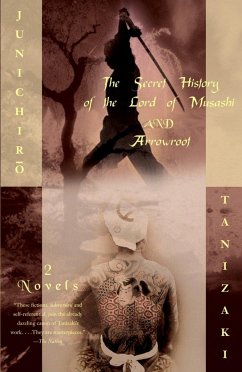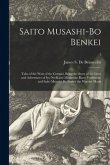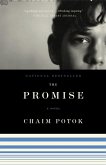From a Japanese master of romantic and sexual obsession come two novels that treat traditional themes with sly wit and startling psychological sophistication. In The Secret History of the Lord of Musashi, Junichir Tanizaki reimagines the exploits of a legendary samurai as a sadomasochistic dance between the hero and the wife of his enemy. Arrowroot, though set in the twentieth century, views an adult orphan's search for his mother's past through the translucent shoji screen of ancient literature and myth. Both works are replete with shocking juxtapositions. Severed heads become objects of erotic fixation. Foxes take on human shape. An aristocratic lady loves and pities the man she is conspiring to destroy. This supple translation reveals the full scope of Tanizaki's gift: his confident storytelling, luminous detail, and astonishingly vital female characters.
Bitte wählen Sie Ihr Anliegen aus.
Rechnungen
Retourenschein anfordern
Bestellstatus
Storno



